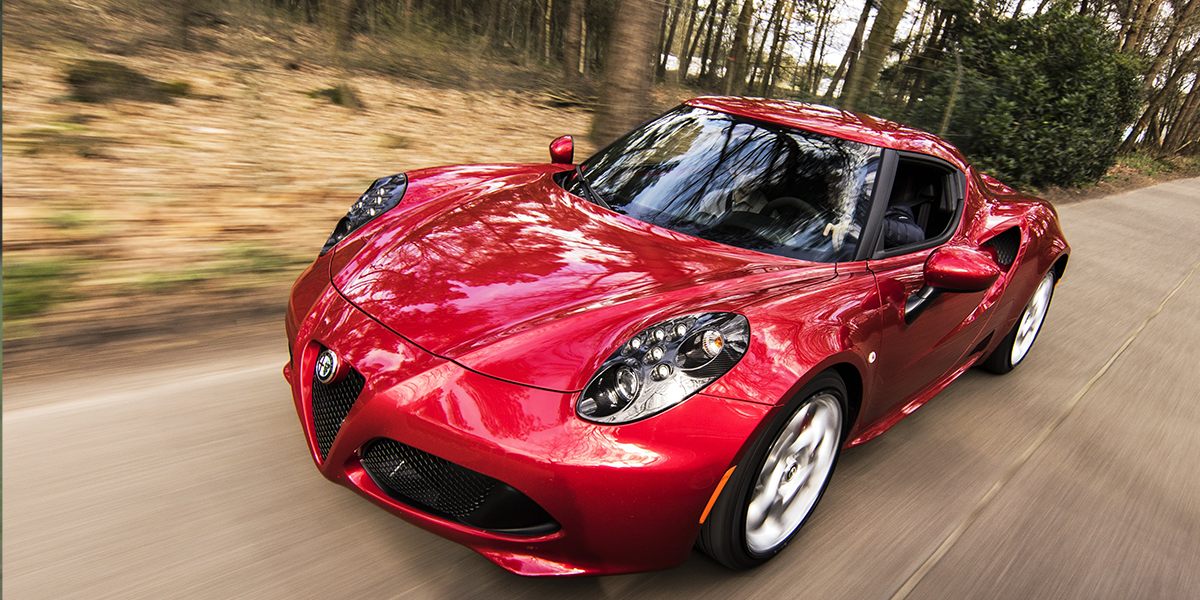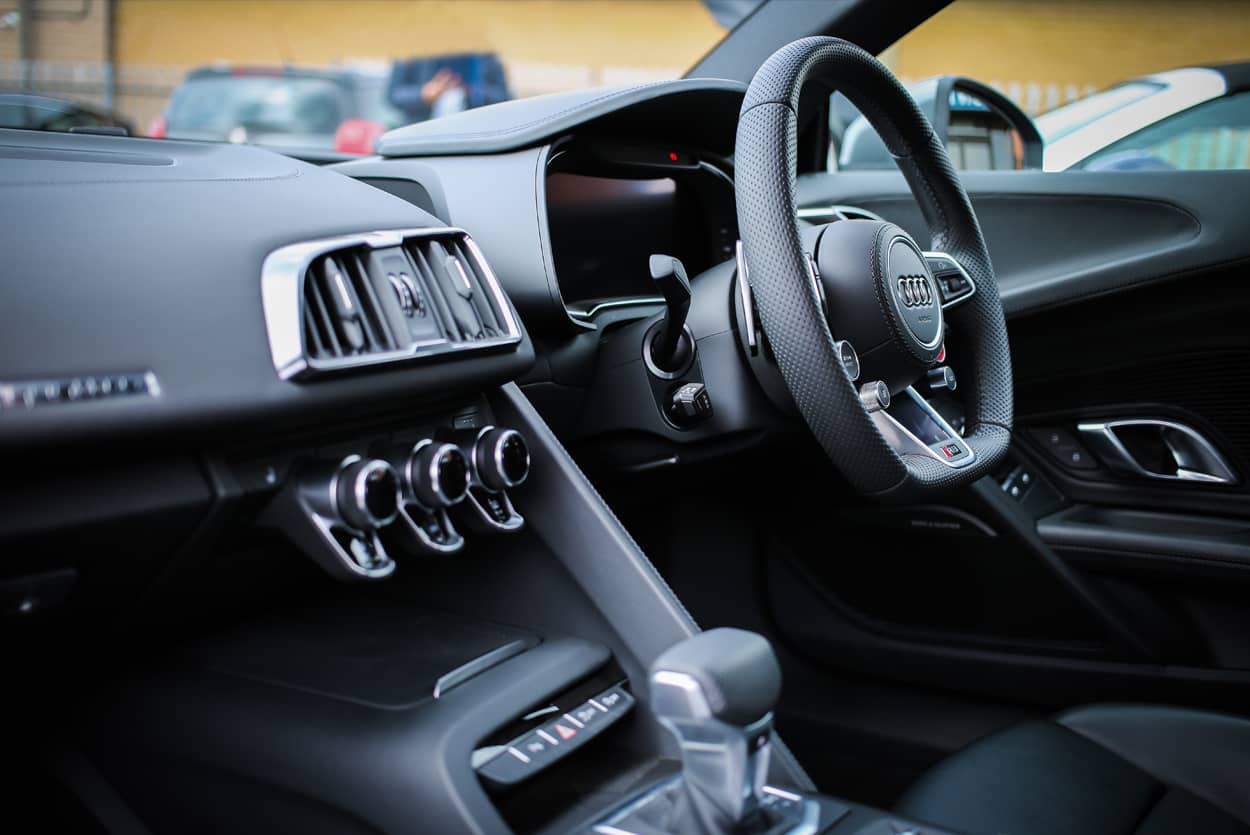Wondering which is better for you? In this guide, we’ll break down both and learn more about lease vs finance car options. We’ll spotlight the differences between the two and offer expert tips designed to help you make an informed decision.
Leasing: an alternative to vehicle purchase
Often called Personal Contract Hire (PCH), car leasing is like a long-term rental arrangement. When leasing a car, you don’t own the vehicle outright. Instead you make monthly lease payments that entitle you to drive it. At the end of the lease contract, you hand the car back to the dealer and walk away. This easy and hassle-free approach to driving helps win over many motorists considering leasing vs finance.
The benefits of leasing a car
Low upfront costs: Leasing a car typically requires a lower initial deposit compared to financing a car. This makes a lease agreement an attractive choice if you’re keen to keep your upfront expenses down.
New car feel: With car leasing, you’re consistently driving a brand-new car. It’s like always having the latest smartphone model. If you’re the kind of motorist who values next-gen technology, you’ll love this benefit of lease deals.
Worry-free maintenance: Maintenance can be a big deciding factor in the leasing and financing car debate. A lease car will often be covered by the manufacturer’s warranty for the duration of your agreement. This means you won’t incur any out-of-pocket expenses when it comes to repairs and maintenance.
Embrace change: Leasing offers the flexibility to switch to a new car every few years. If you enjoy variety, this could be your ticket to trying out different vehicles.
The downsides of car leasing
No ownership: What’s the difference between a lease car and finance when it comes to ownership? At the end of a lease deal, you don’t own the car. It’s similar to handing back the keys to a rental apartment – you enjoyed it, but it was never truly yours.
Mileage limits: Mileage is important in the leasing vs finance debate. Leases come with more stringent mileage restrictions to protect the lender from losing money on their investment. Exceeding your agreed annual mileage limit during the lease term can result in additional charges, so it’s important to keep track of your road trips. If you plan to use your car for regular long journeys, leasing may not be right for you.
Wear and tear: As well as mileage limits, you’re also restricted when it comes to wear and tear. While normal use is okay, you must return the lease car in good condition to avoid extra costs for wear and tear at the end of the lease period.
Finance: a ticket to ownership
Car finance, also known as Hire Purchase (HP) or Personal Contract Purchase (PCP), is like a mortgage for your vehicle. You make monthly payments and once the term is over and all payments are complete, you own the car outright. It’s hugely popular in the UK, with the Finance & Leasing Association estimating around 82% of new cars in Britain are funded by PCP agreements.
Here are some of the most popular types of car finance:
Personal contract purchase
A personal contract purchase (PCP) is a car finance agreement that breaks down the cost of a new car into fixed monthly payments. You’ll make a larger initial payment as a deposit, then pay affordable monthly costs including interest payments while you use the car. At the end of the leasing agreement, you’ll have the option to pay a final balloon payment, which is a lump sum to own the car outright.
Alternatively, you can change cars or end the agreement altogether. If you move onto your next car, you’ll start a new finance agreement for an agreed period.
Hire purchase
Hire purchase is the simplest of the car finance agreements as your monthly repayments cover the entire cost of buying a car plus interest payments. With hire purchase, there’s no optional balloon payment, so you will always own the car outright once all monthly repayments have been made.
The benefits of financing
Ultimate ownership: Financing a car means it’s yours at the end of the term when the final payment is made. This is the main difference of leasing and financing. You take legal ownership of the car and have full control over mileage, wear and tear and resale options. When considering lease vs finance car benefits, ownership is a big factor.
No mileage limits: Once your finance agreement is over, you can drive your new car as much as you like, without worrying about an agreed annual mileage limit or excess charges.
The investment angle: While the initial upfront cost for financing a car might be higher than car leasing, you’re building equity with every payment. It’s like gradually acquiring a valuable asset in the most affordable way.
Freedom to customise: The end goal of ownership for your next vehicle gives you the freedom to modify and personalise your car without penalisation.
The downsides of financing
Higher monthly payments: Monthly payment size is a key difference between lease and finance agreements for your next car. Instalments for financing tend to be higher than leasing, as the final goal is ownership.
Depreciation impact: As the eventual owner, you bear the full brunt of the car’s depreciation.
Maintenance costs: Unlike leasing, maintenance and repairs aren’t normally covered. Instead, you’re responsible for keeping your vehicle in tiptop shape alongside your monthly payments.
Lease vs car finance: which is better for you?
Now that we’ve dissected the differences between a lease vs finance car, it’s time to determine which option aligns with your needs and preferences. Here are some factors to consider:
Options to own the car outright
Do you want to eventually own your vehicle, or would you prefer to regularly upgrade to a brand new car? If ownership is a must, financing is your route. If you’d rather upgrade to a showroom-worthy car every few years, leasing a car could be a better option.
Monthly payments
Consider your monthly budget, capital and payment capabilities when weighing up leasing and financing. Leasing often offers lower monthly payments, which can be appealing if you’re aiming to keep costs down.
Mileage habits
How much do you drive? If you’re a frequent road-tripper, finance might be the better choice as you’re less likely to be hit with excess mileage charges at the end of your agreed period which are notoriously stringent with car leasing.
Customisation
Are you someone who enjoys customising their vehicle? Ownership via car financing gives you the freedom to make your car uniquely yours.
Long-term plans
Think about your long-term plans when considering the difference between lease and finance cars. Are you comfortable with committing to a car for several years, or do you prefer the flexibility of upgrading every few years with leasing?
Maintenance responsibilities
Consider your comfort level when it comes to handling maintenance and repairs. Car leasing often includes a warranty that covers maintenance, while financing means you’re responsible for upkeep.
Financial stability
Assess your financial stability before making a commitment to either option. Car leasing usually requires less upfront cash, making it an attractive option if you’re looking to preserve liquid assets.
The final word on leasing vs finance
Ultimately, the choice between a lease vs finance car hinges on your individual circumstances and preferences. This includes variables like budget, lifestyle and future plans. There’s no one-size-fits-all answer, and what’s best for one person might not be the ideal choice for another.
Leasing a car might be the best option if you like a new car every few years, while financing a car allows you to actually buy a car. The best way to decide is to carefully consider both options and ensure you understand the pros and cons of each. Don’t forget to factor in the different methods of financing a car, such as hire purchase or PCP with a balloon payment.
Want to know more about you’re the difference between lease and finance? Call us on 01246 458 810 to chat to an auto finance expert or email us at enquiries@mycarcredit.co.uk.
Rates from 9.9% APR. Representative APR 12.4%
Evolution Funding Ltd T/A My Car Credit
Require more help?
Got a question you can’t find the answer to, or need some advice and guidance around taking out car finance? Our Car Credit Specialists are friendly, experienced, and here to help so get in touch today!






